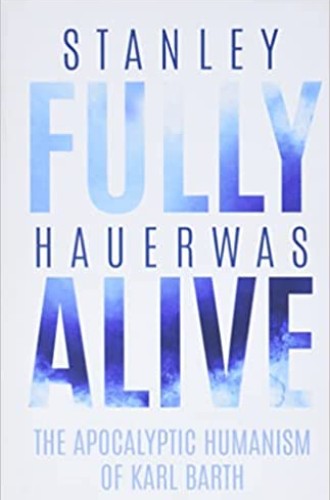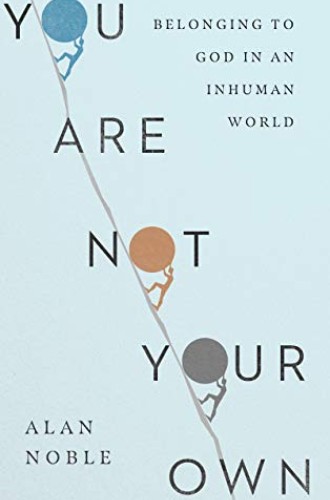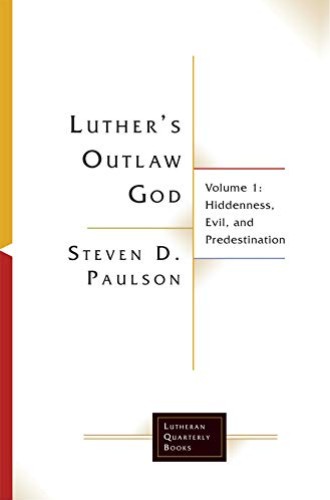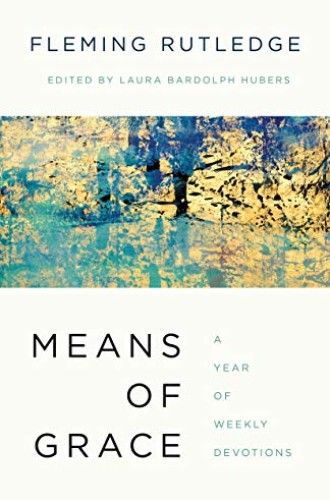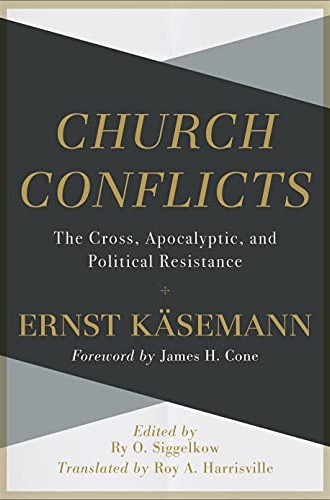When I was in high school, I worked as a volunteer for a Republican who was running for the Virginia General Assembly. Mrs. Smith was the district operative who told me where to post signs, stuff mailboxes, knock on doors, and—on election eve—take down the other candidate’s signs. For each campaign endeavor, she drove a van load of volunteers all over the south side of Richmond. During every outing, with some AM squawker on the radio, she’d turn away from the steering wheel to proselytize us in her latest conspiracy theory.
“President Clinton is responsible for the murder of several witnesses in the Whitewater scandal,” she told us one day as we drove into some planned community. “Honestly, what would you say if I told you Bill and Hillary were behind Vince Foster’s suicide being faked for political purposes? It’s a cover-up!”
Because I was a recent convert to Christianity and I believed Jesus expected us to tell the truth (even if the president did not), I told her the truth: “Honestly, I’d say you sound like an insane person.”


